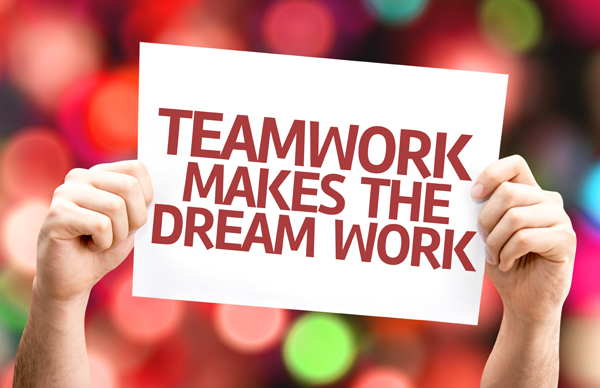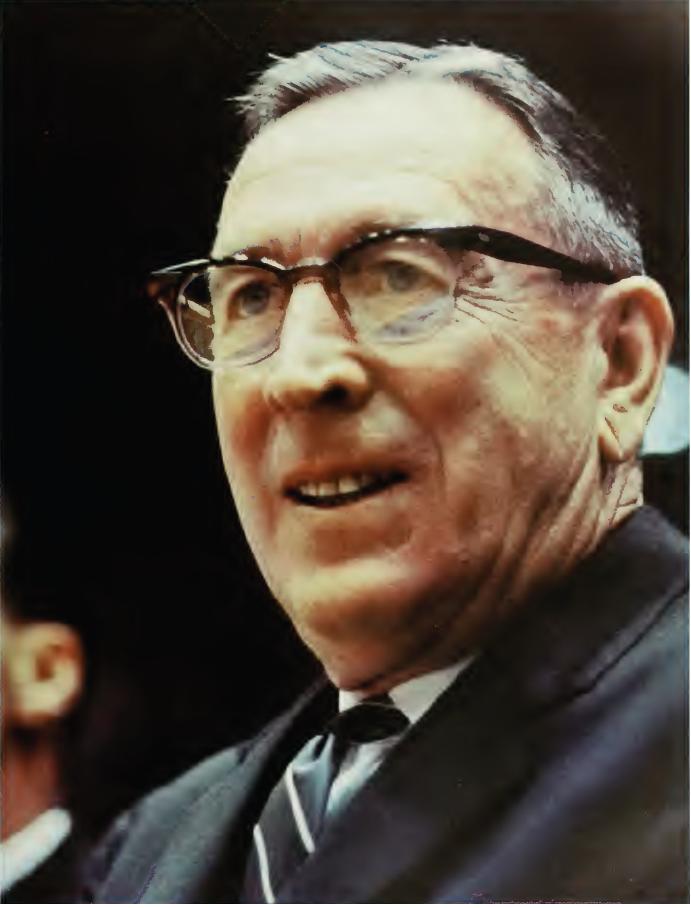“All of us are smarter than any of us.”
-Douglas Merrill, Organizational Guru

Image from teamworkandleadership.com
Today’s quote got me thinking about teamwork and Patrick Lencioni’s book, The Five Dysfunctions of a Team. In this leadership fable, Lencioni tells the story of an imaginary technology company struggling to grow and secure new customers.
Three key take-aways from this book will almost certainly make today’s quote true. In most cases, if the group of individuals does not demonstrate these characteristics, there may be good reason for going it alone:
- Team members engender trust in one another by being vulnerable and open.
- Healthy teams encourage respectful debate and dialogue to reach optimal decisions.
- Team environments in which everyone’s ideas and thoughts are considered almost always generate heightened levels of buy-in and mutual commitment.
EXERCISE:
How and where can you foster enhanced teamwork to optimize the collective smarts of the groups with which you work?









